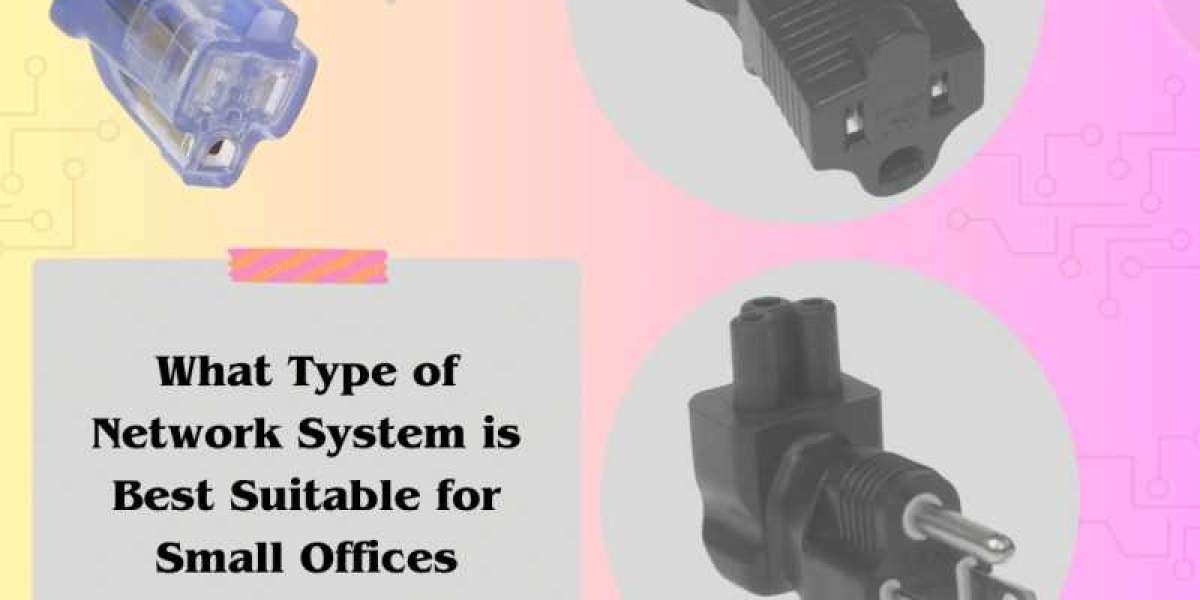Setting up a computer network for a small business requires distinct considerations compared to home or residential networks. Business networks demand higher complexity and increased security measures. When aiming to expand a business, simplicity and functionality become pivotal. The choice of a computer network depends entirely on the specific business needs. If you're contemplating the right network system to purchase, hold off; here's a comprehensive guide to help you make an informed decision.
What Components Should a Small Office Network Include?
Before establishing a small office network, it's crucial to understand its necessary components.
Essential Office Systems and Network Technology:
- 1 internet connection
- 4 main PCs
- 2 laptops
- 2 printers
- 1 backup device (Network Attached Storage)
- 1 print server
- 1 wireless router
- 1 broadband modem/router
- 1 4-port network switch
- 1 8-port network switch
- 15 10-meter patch cables
- 2 Ethernet over power adapters
Key Considerations for a Small Business Network:
It's essential to grasp that a home office setup might differ from a setup involving employees. An expanded setup requires a more intricate plan beyond mere computer cables. Here are crucial considerations:
Design:
Small firms often rely on one or two Local Area Networks (LAN) with their network router for connectivity. Devices and computers connect to the server via power cords through a communication path. Wireless solutions are available, offering consistently fast rates but hardwired connections like Ethernet cables are typically faster, cheaper, and reliable. Wi-Fi extensions for clients or remote contractors provide greater adaptability.
Access and Data:
For a business, determining internet access limitations for employees is vital. Basic content filtering can shield employees from engaging in questionable activities. Virtual Private Networks (VPNs) facilitate communication with remote workers. Data for the entire firm is stored on servers, often accessible through Network Attached Storage (NAS), functioning like a hard drive holding designated data from all network computers.
Hardware:
Consider your business's mobility needs. If employees often leave the office or require access to business data remotely, you'll need computers and printers connected through power plug adapters. This setup remains essential regardless of the crew's mobility.
Security:
Security is a primary concern when starting a business. Implement multiple layers of security to protect the network, including personal accounts, login procedures, and antivirus software to defend against external threats. Separate guest networks can restrict access to sensitive information, and distinct internet connections can be set up for customers needing free Wi-Fi access.
Choosing the Right Network System for Success:
These considerations will guide you in choosing the appropriate network system for a small office. When setting up the system, consider quality computer cables and technology accessories from SF Cable, a leading provider of electronic equipment since 2002. Their commitment to transparency, quality, and competitive pricing ensures exceptional service.
Original Source: https://sfcable.bcz.com/2023/11/09/choosing-the-right-network-system-for-small-offices/







